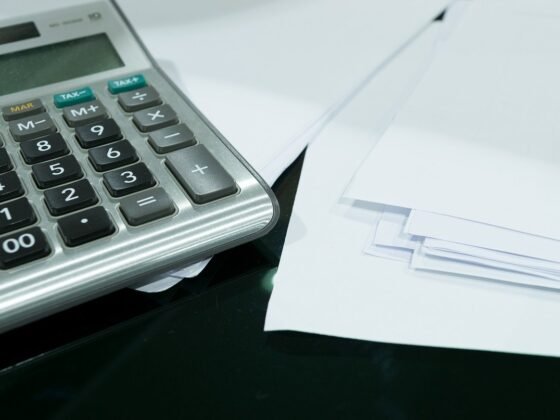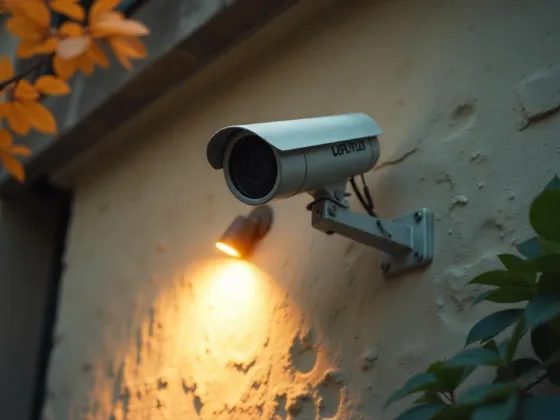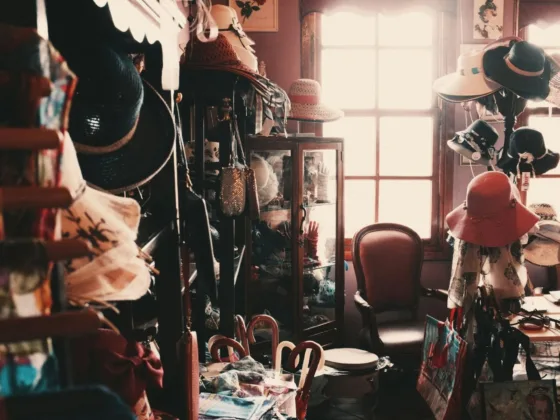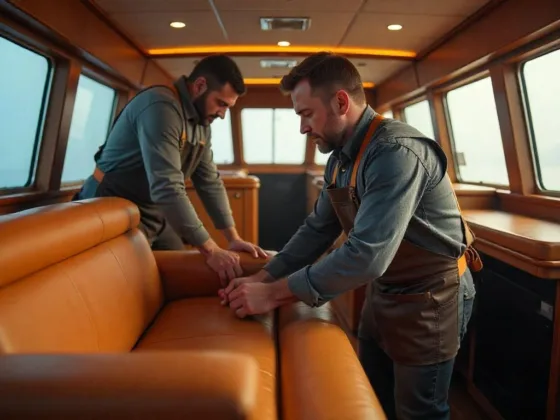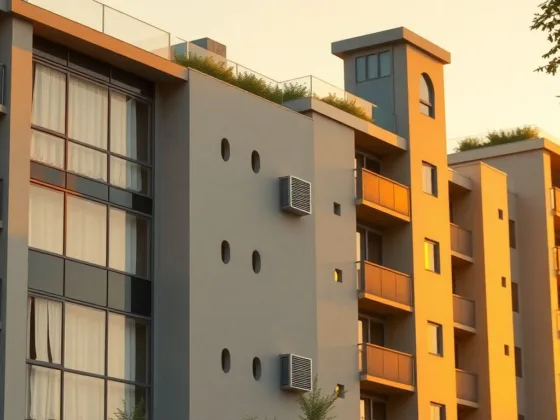Table of Contents Show
Before you begin renting a property, you are required to pay a bond, or a certain amount of money, to the owner.
And when the lease period is closing in, and you don’t have any plans of renewing the contract, the bond that you deposited to the owner must be given back to you.
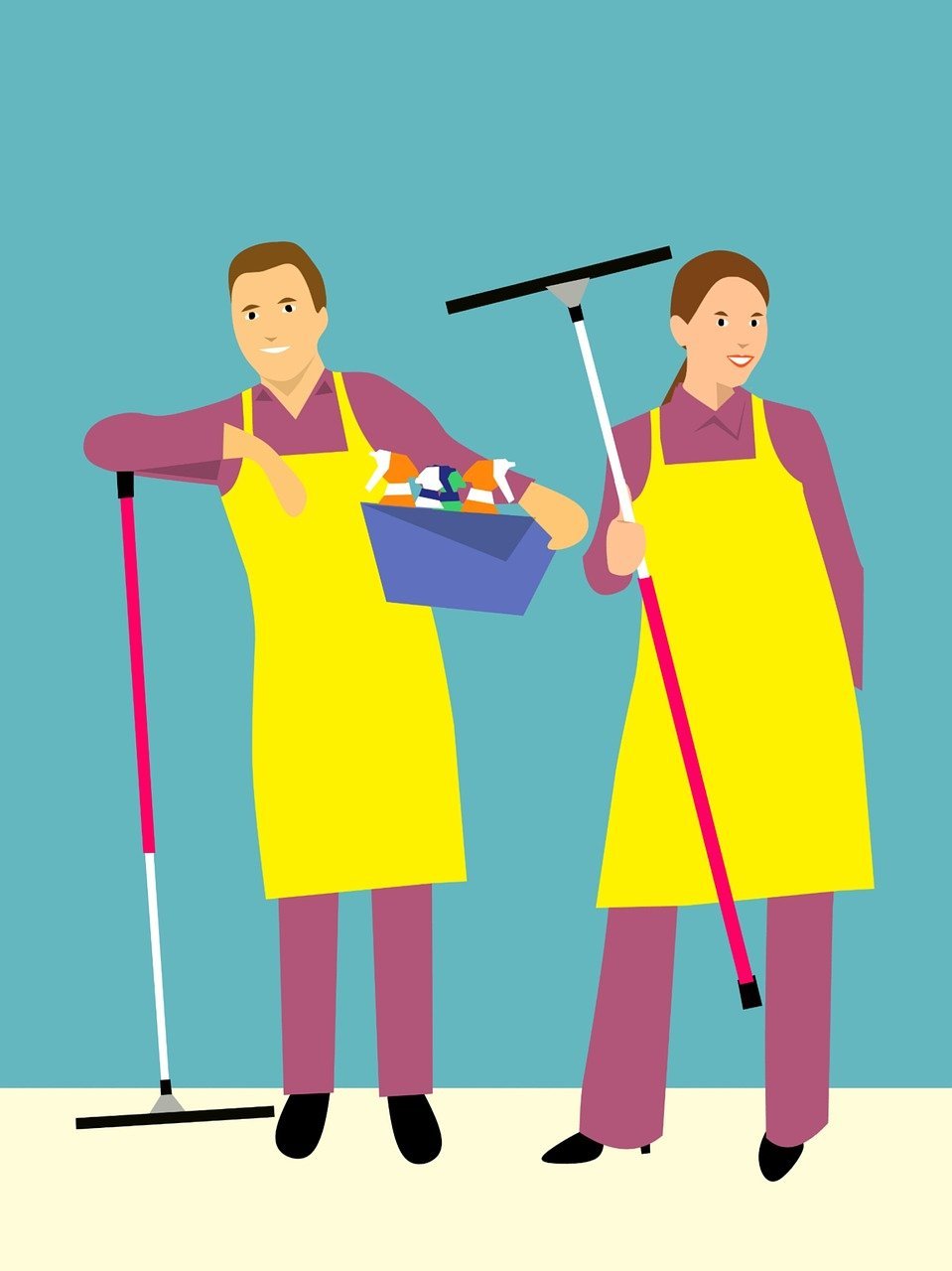
But there’s a catch. The law requires you to give the property a good clean-up before you can get that money back.
The cleaning must be so thorough that you have to make it look like the property was returned to its original state, or at least close to it.
If the landlord, property owner, and the agent see that the property is good as new, you will get your bond deposits fully intact.
But if not, there’s a chance that the money will be returned with deduction, or worse, you may lose it altogether.
So, How is End-of-lease Cleaning Different from Bond Cleaning?
Don’t be confused. Bond cleaning and end-of-lease can be used interchangeably because they are completely synonymous with each other.
Bond cleaning happens during the end of the leasing period, as end-of-lease cleaning is done to get your bond. So, don’t get too caught up with the terms.
What Happens Exactly During Bond Cleaning?
While it’s okay to spruce up the property entirely on your own, we highly discourage that you do this all by yourself.
As you’ve noticed, bond cleaning is not your ordinary general clean-up. It requires more time and extensive effort to get the property looking good as new.
Aside from that, because you’ve decided to move out instead of continuing the rent, your hands are probably too full of the matters like finding a new place to stay or hiring manpower to transport all of your things.
You won’t have that much time and effort to clean a whole property.
This is where a team of bond cleaning experts like Pristine Home comes in. Professionals like them got plenty of experience and the right tools so bond cleaning property is just a piece of cake to them.
There are very specific areas or details that must be given proper attention.
According to Residential Tenancies Authority, here are some of those details that will have to be addressed and cleaned so you can fully claim your bond deposit:
Kitchen
- Cupboards (inside and out)
- Countertops and surfaces
- Oven, microwave, dishwasher, fridge, defrost freezer (if supplied)
- Cooktop, grill, and rangehood
- Sink and taps (including descaling)
- Windows, windowsills, window and door frames, and fly screens
- Sweep/vacuum and wash floors
Bathroom
- Sink, toilet, and bath (including taps)
- Tiles
- Mold from walls/tiles and ceiling
- Shower curtain/clean shower doors or enclosure
- All surface areas, floors, shower rails, and mirrors
Rooms
- All surfaces
- Doors, window frames, and window sills
- Mirrors
- Fans
- Air conditioning units, clean filters
- Cupboards for wardrobes
- Skirting boards
- Floors
Outdoor Areas
- Mow grass, weed, and trim edges
- Leaves or debris in the pool (check for any special conditions in the tenancy agreement)
- External areas
- Bins
- Oil stains on driveway or in garage
- Cobwebs
General
- Remove all rubbish from the property
- Carpets
- Conduct pest control if specified in the agreement
Should You Really Get Professional Help?
Obviously, bond cleaning or end-of-lease cleaning is far from the half-hearted cleaning that we usually do or are accustomed to.
As it is, bond cleaning is already labor-extensive and time-consuming. But should you want to know more about bond cleaning, check this informative article.
Once you factor in the size of the property, or how long the house was not maintained, the difficulty level will increase.
And a very difficult cleaning job certainly requires the right tools and an experienced, dedicated, and professional team of bond cleaners.
Good thing there are cleaning service providers out there like Pristine Home who is very much qualified and willing to the job. If you’re nearing the end of your leasing period and plans to move out, just give them a call!
